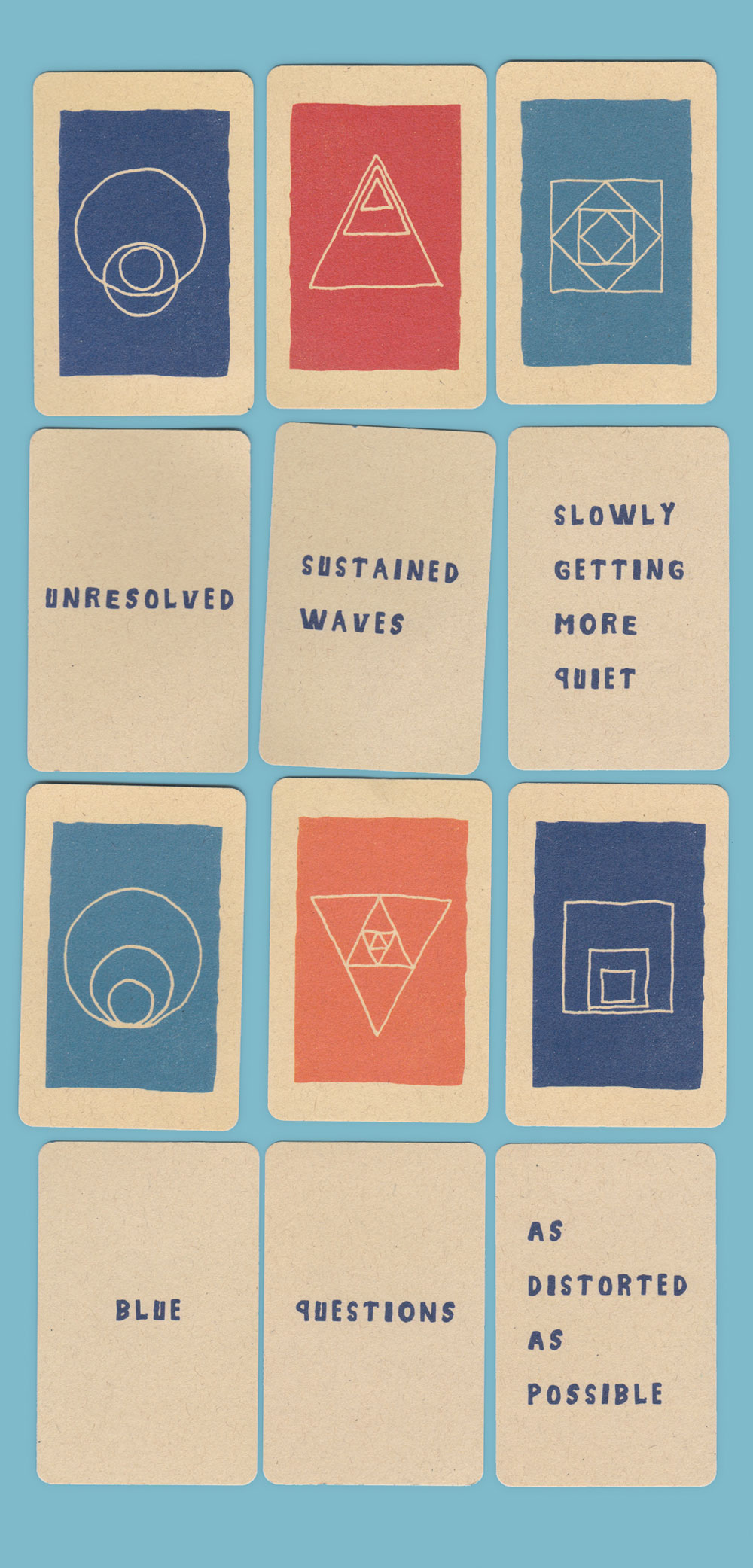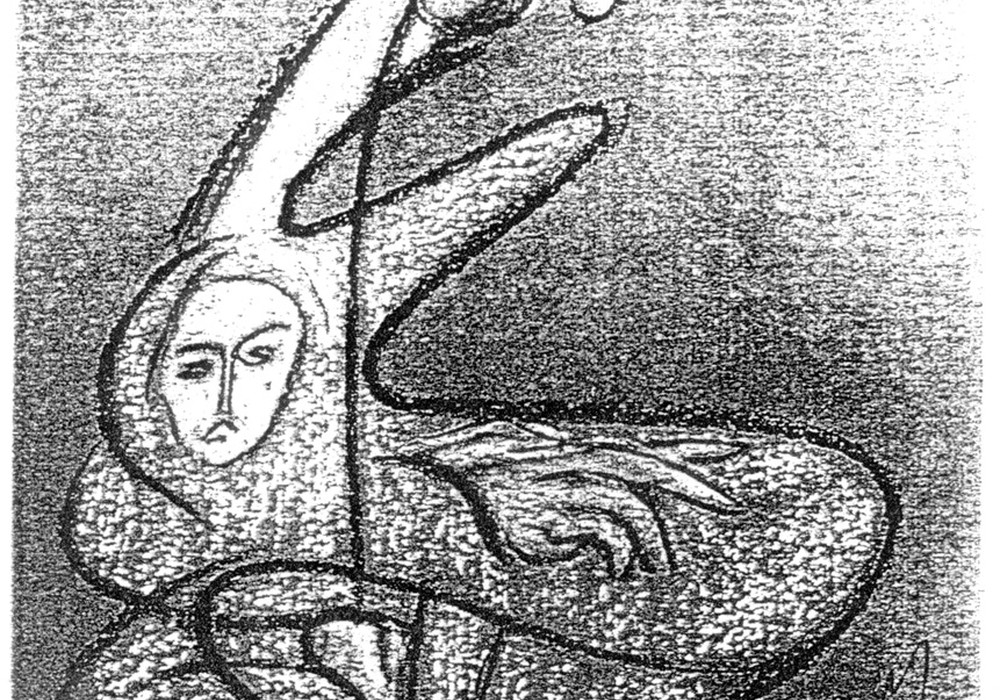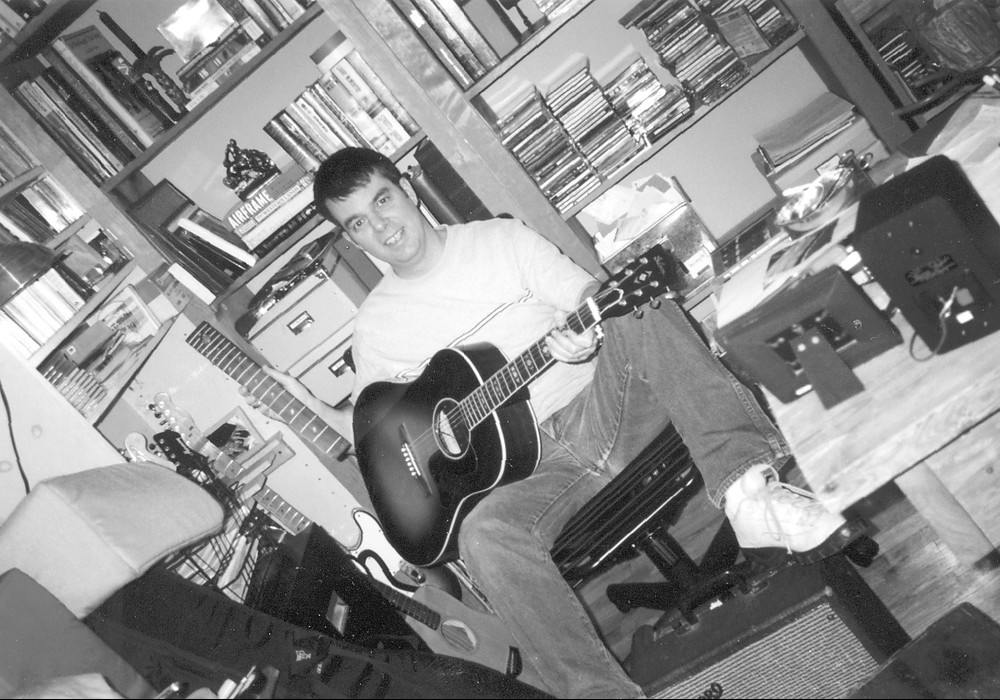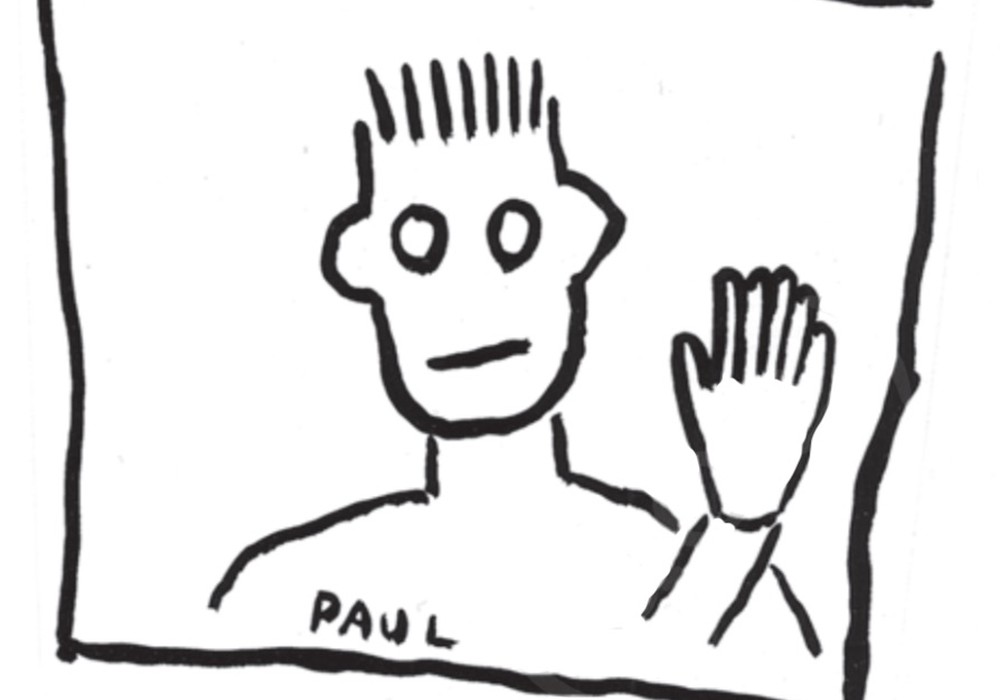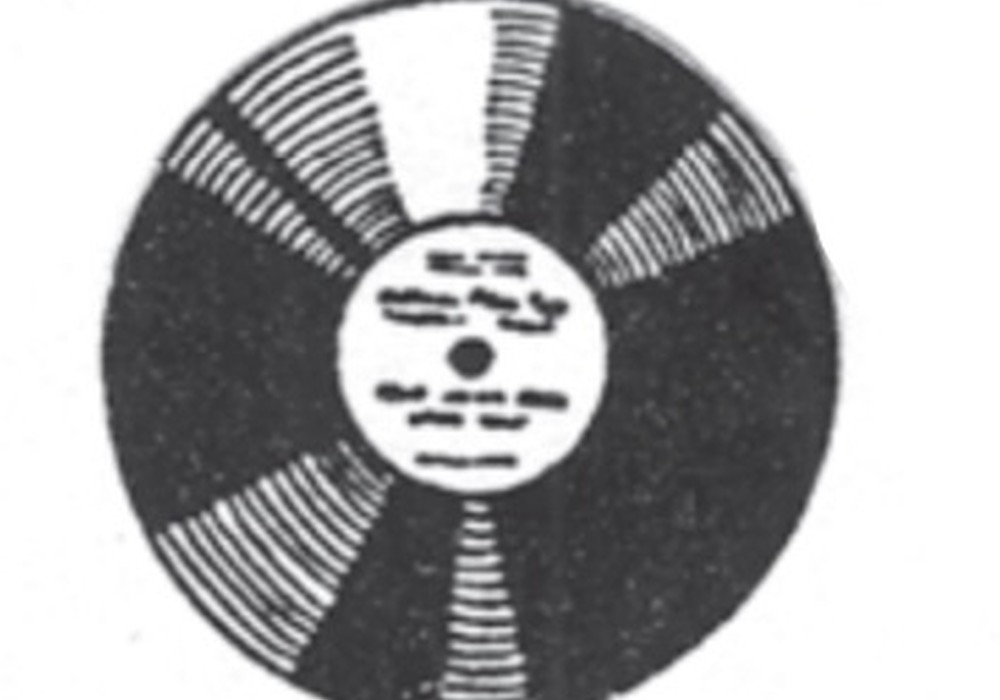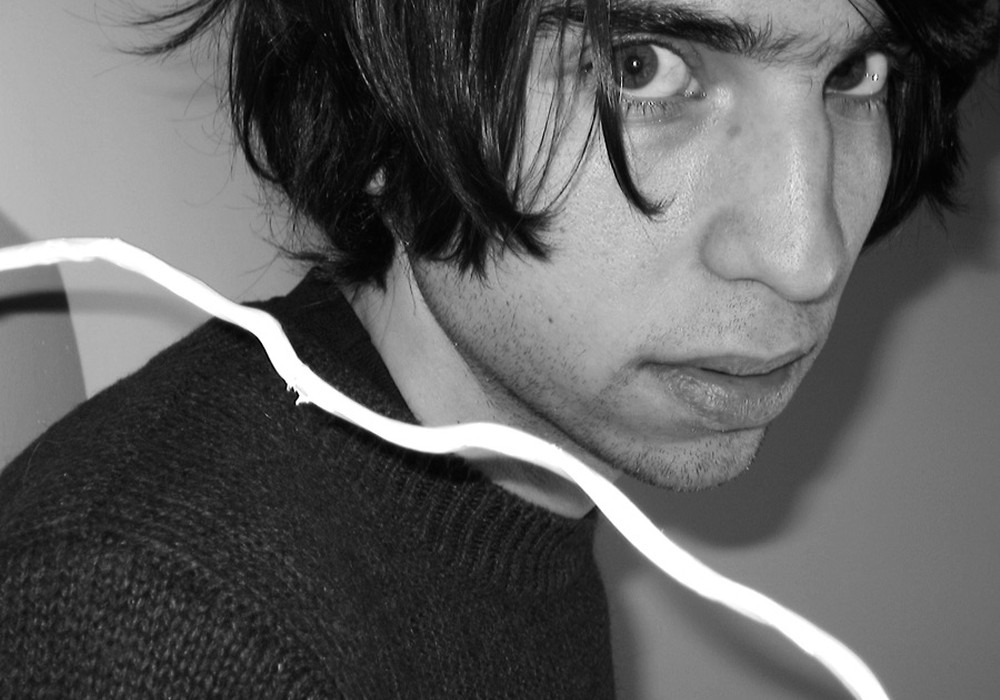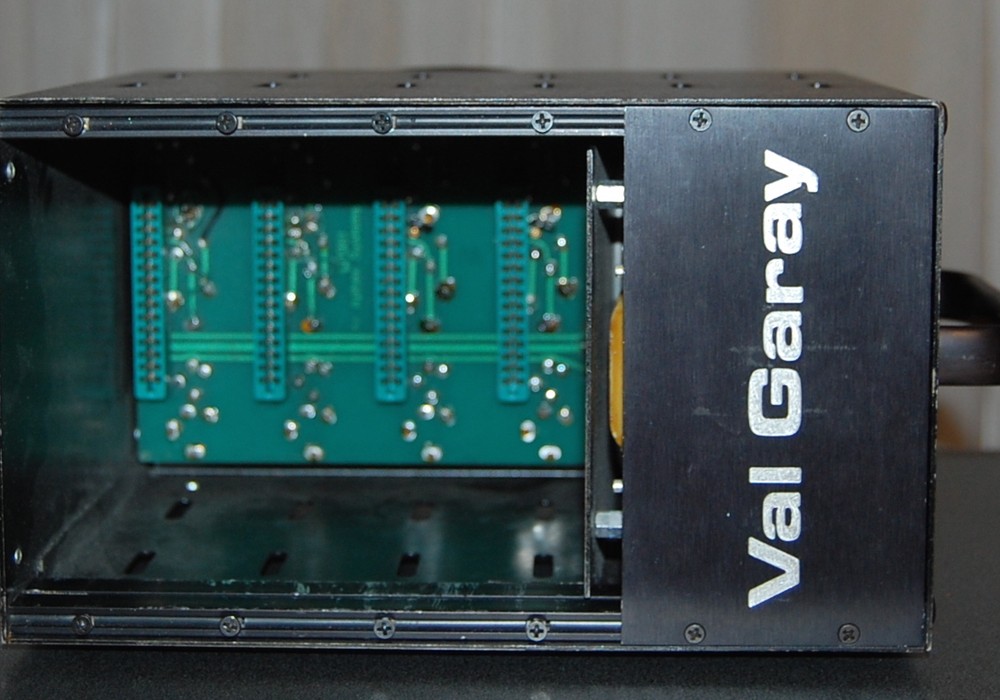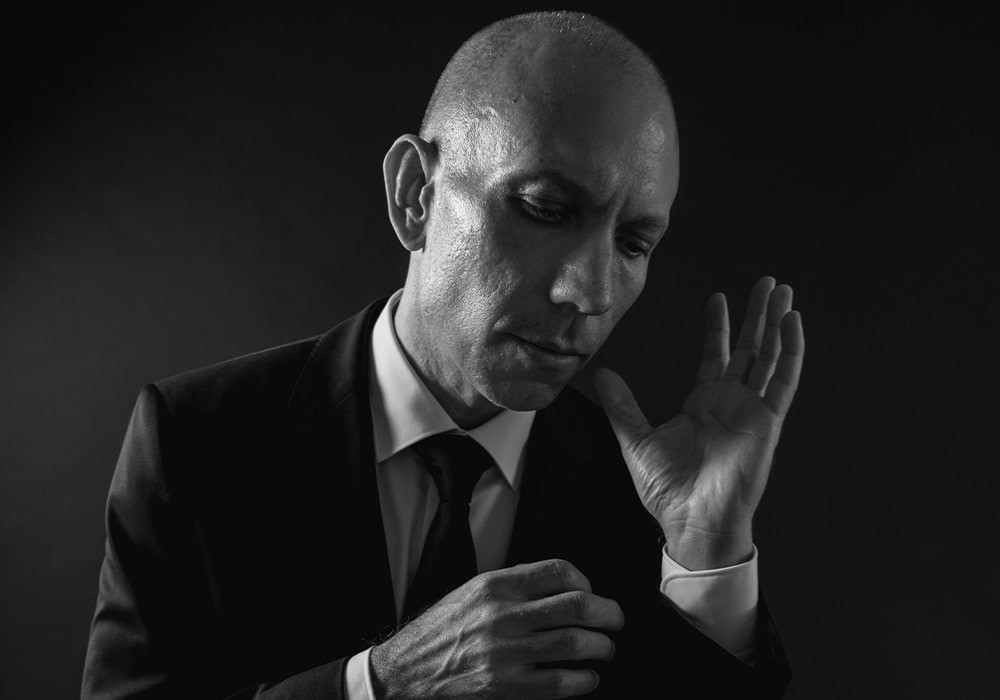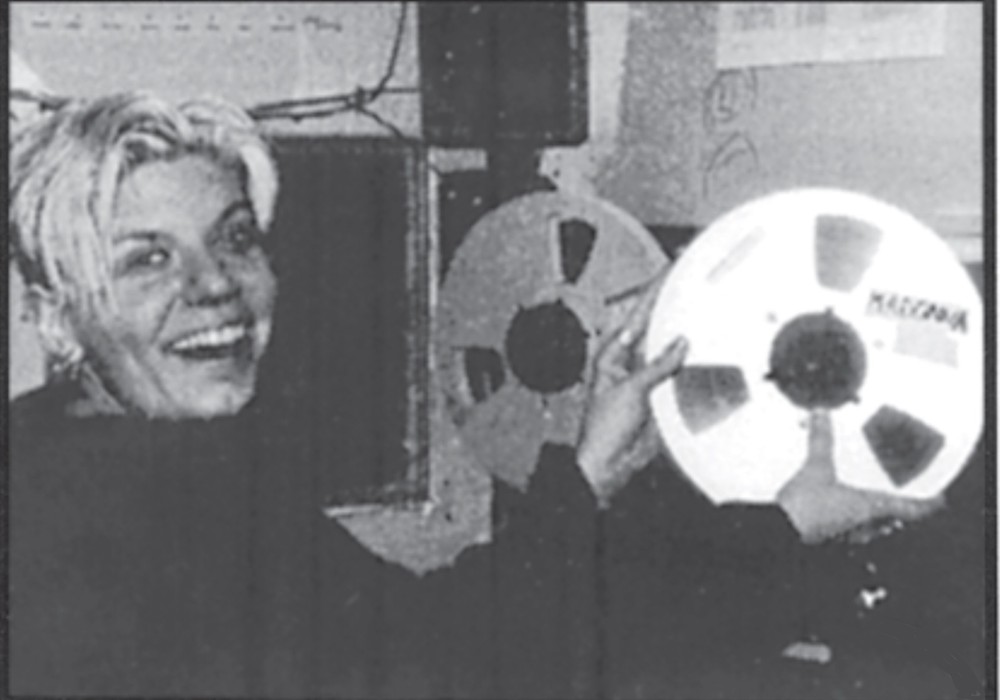We recently received a query from a curious reader, Tzuriel Kastel. Tzuriel wanted to know, "What do you see as the next big thing in music production?" I passed this on to various Tape Op contributors and people we've interviewed to see what they envision. Here are some thoughts about the future of recording music! -LC
My fervent hope is that perfection and technical quality will be devalued, and the delivery of authentic emotion by talented musicians, by any means, will become one of the elements of music that most causes it to rise to the attention of those who care. Hopefully budget, promotion/hype, and gatekeepers will become irrelevant in a newly democratized market where scarcity has been replaced by abundance. The music business needs effective economic and legal adjustment, but it's still my belief that now is the best possible time to make music.
Mark Rubel <mrubel@theblackbirdacademy.com>
This is less a trend prediction than citing one I want undone: I'm personally burnt out on scarcely-there percussion in pop. I'd love to hear weirder, bolder, and busier beats in drums-forward arrangements. It was heartening to hear that Billie Eilish's current favorite band is, apparently, Cake – because I'd also be down to hear more vibraslap in this future that I'm envisioning.
Sadie Dupuis <www.sadiedupuis.com>
Speculating about the next big thing isn't my forte, as I tend to simply go about my business of trying to help clients fulfill their dreams. I will say that plug-ins that have an "active" component are both gaining ground and getting better. Tools such as [Wavesfactory] Trackspacer and [oeksound] Soothe are not simply affecting the audio, but also analyzing it and processing based on the analysis. These will likely continue to help us all work in a more refined way.
Tony SanFilippo <Record@OxideLounge.com>
I am hopeful that the next big thing in production will be to place more value on individualism. I find myself cheerleading for humanity more and more with each passing year. I personally cherish the outliers, the mutants, and the ones that defy easy categorization. If we all made music that sounded different from each other, wouldn't that give rise to a more thriving set of choices? What if all the farmers only grew one vegetable? Aside from praying for this miracle, I would have to say Dolby Atmos.
Joel Hamilton <www.studiogbrooklyn.com>
The obvious answer is, "I don't know," but with some reflection on the last couple of years, I have a thought: I've watched the industry poke around on new technologies such as NFTs, AI "artists," and cryptocurrencies with limited success. Meanwhile, tours are selling out in record speed, which tells me people are getting back to the basics as fans searching out authentic experiences. Perhaps the big "new" thing in music production will take the same route – back to the basics of making records with people together in the room capturing a "moment." Is this a self-serving forecast rooted in hope versus fact? Only time will tell!
Chris Mara <www.welcometo1979.com>
Obviously, the pandemic inspired a lot of musicians to start recording and producing their own music. I'm most excited when advanced technologies are utilized by novices. When beginners aren't familiar with the "right" way to do things, they often produce innovative and interesting creations. For me, the future of music production includes making space for these innovators by valuing new perspectives and techniques... the next big thing is something that they will create!
Lisa Machac <omnisoundproject.com>
The tools we have to manipulate and sculpt sound are more sophisticated and more accessible than ever. And yet – I probably sound like a broken record here – what I hope we see (and hear) in music production is a recalibration around the value of craft versus the ease of approximating craft with AI. I have nothing against tools developed with neural nets, and I use iZotope's RX suite and Zynaptiq's plug-ins all the time. They're phenomenal and make my job easier. But they don't replace the craft of listening and making a cascade of decisions that shape our experience with, and connection to, music. I hope we can marvel at these tools while still valuing human input, fallibility, and community in songwriting, production, mixing, and mastering.
Jessica Thompson <www.jessicathompsonaudio.com>
Artificial intelligence for music production has been a major topic of the annual A3E conferences since the first one in 2014 [Tape Op #104]. By now, most of us have heard the promise of AI reshaping how music will be made in the future. Almost a decade later, this idea is more real than ever, especially with OpenAI making its generative pre-trained transformer models DALL-E publicly available for image creation, as well as ChatGPT for written conversation. Both of these products are eye-opening, to say the least. Meanwhile, OpenAI MuseNet and Jukebox have received far less general press, but there are many companies offering virtual instruments for music generation that use those models, in addition to others. On the tools and processors side of music-making, there are now dozens of software tools that leverage AI to analyze and affect sound from the likes of iZotope, Focusrite, and Hit'n'Mix. Coincidentally, right before I clicked "send" on this answer, my buddy F. Reid Shippen [#125] messaged me a MusicRadar article describing how YouTuber "Burned Guitarist" used ChatGPT to code a VST plug-in inspired by the Ibanez Tube Screamer pedal. I did my own test just now by asking ChatGPT, "Can you write me code for a low-pass filter VST plug-in?" Call me impressed.
Andy Hong <andy@tapeop.com>
For hobbyist musicians on a budget, it'd have to be artificial intelligence mixing and mastering. AI is becoming more and more impressive, turning out mixes and masters that sound acceptable, and sometimes very impressive. I think this will hurt mixing and mastering engineers who have relied on home recordists who hire them to make their music sound "professional." Sites like SoundBetter, Fiverr, and AirGigs have been successful at linking those recording at home with talented mixing and mastering engineers, but if the musician can get a sound they are happy with using AI, that will likely be much cheaper.
Adam Selzer <www.adamselzerworks.com>
For all the troubling implications (i.e., robots will revolt and take over!), AI has been gaining huge strides in both the audio and visual worlds lately. The use of it in audio restoration, "de-mixing," and more is already well established (with sometimes astonishing results), so I can imagine it becoming "a next big thing" in creative use as well.
Pete Weiss <www.weissy.com>
One is greater mobility and less dependence on brick and mortar studios. I truly love studios. Big, small, classics, and garages... they all have their charms. I own one and love going to others all over the world as a freelancer, but, as with everything else in our lives, young people and emerging technologies shape the future. We have moved seamlessly from DAWs requiring a sizable desktop computer to small laptops and tablets. There is no reason to think that trend won't keep moving forward as well. The pandemic shifted so much work to remote locations, and now that we continue to learn to live with it many people have decided they like it better that way. If I was a young person starting out now, I would make my production system as portable as possible, and I would plan to use studios only when needed. A creative person can sample more flavors that way; just as I found in my early days as a freelancer, it was illuminating and extremely helpful when I finally built my own studio. I feel that studios will survive because so many of us love them. At the same time, I have no fears about going out of business. That is a possibility for any business. When it happens, you learn from the experience and move on. Moving on is what evolving as a creative person is all about. I feel like a collector of ideas and knowledge, picking up pieces along the way and constantly adding to my skill set without ever subtracting. Today's young people have an exciting future in front of them. The other is the somewhat comical, but realistic, observation that sooner or later everything that goes out of style makes a comeback. The 1960s reemerged in the 1980s. The 1970s re-emerged in the 1990s. While I am not advocating a return to Alesis ADATs and Tascam DA88s, I do wonder what in the not-too-distant past will revisit our productions in the not-too-distant future.
